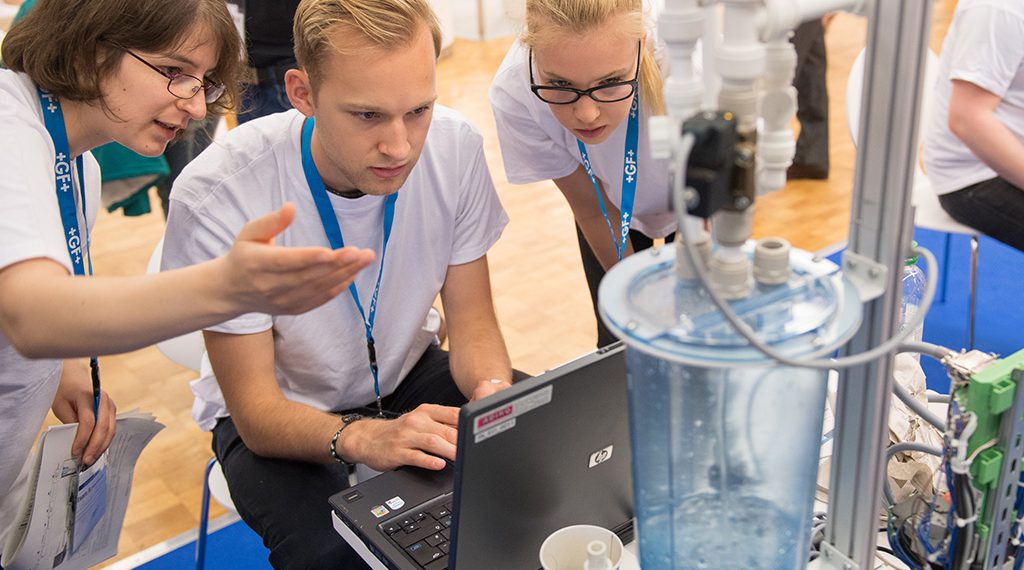The provision of affordable drinking water in top quality is one of the most important tasks of the water sector. To be able to do that, the industry needs continuous innovations in order to maintain the high standards for the future. The latest developments in the field of drinking water preparation and distribution will be on show at the upcoming trade fair IFAT. The ‘World´s Leading Trade Fair for Water, Sewage, Waste and Raw Materials Management’, takes place at the Messe München exhibition center in Munich from May 14 to 18, 2018. Silvia Fritscher, Exhibition Director of IFAT at the trade-fair company, has observed that for some years now more and more of the innovations presented at IFAT are to do with the key topics of digitalization, automation and Water 4.0. This is a trend that will further strengthen in 2018.
“The greatest progress in digitalization in the drinking water sector is seen currently in the areas of pump controls, measurement technology and drinking water analysis,” says Julia Braune, Managing Director of the German Water Partnership (GWP), an industry and research network. She continues: “While digital integration of pump controls is already well advanced, there is still much potential in the connecting up of system components using sensors, for example for analysis. Ever better communication between the various parts of the water production process – for example, springs, waterworks and the drinking water network – can both enhance the security of the supply and also optimize energy and resource efficiency.”
Opportunities from a “digital twin”
Even more extensive scope for digitalization lies in setting up a “digital twin”. This is a data model which depicts a machine, a system or even a complex infrastructure with all its information and interdependencies. Christian Ziemer, Siemens AG and Head of the GWP Working Group Water 4.0, sets out one possible application in drinking water and waste water: “With a digital twin we can do real-life simulations, completely without risk, to test various approaches and optimize them.”
Better identification of customer needs
The importance of digital change has been recognized in the field of municipal water supplies – that was a clear finding in a survey of its members conducted by the Verband Kommunaler Unternehmen (VKU – the German association of public utility companies): More than two thirds of the companies rated digitalization as of high or very high relevance. And already one in two companies are either planning or implementing a digitalization strategy. “Digitalization underlines the benefit to customers and citizens as a central impetus for change,” points out Michael Beckereit, President of the VKU. He adds: “Analysis of large volumes of data means we can recognize more easily what the customers need and better understand the processes. This in turn forms a good basis for developing new and even more suitable products and strategies.”
‘Maturity Model Water Supply 4.0’ in development
In order to give support to companies in the water supply sector on digitalization, the Deutscher Verein des Gas- und Wasserfaches (DVGW – German Association for Gas and Water) commissioned in autumn the development of a ‘Maturity Model Water Supply 4.0’. “We hope that this model will give us a valid overview of the current practices in digitalization in the water sector. Ideally we will be able to derive improvement measures from this and then introduce them in a sensible sequence,” explains Dr. Dirk Waider, Vice President Water at the DVGW.

















